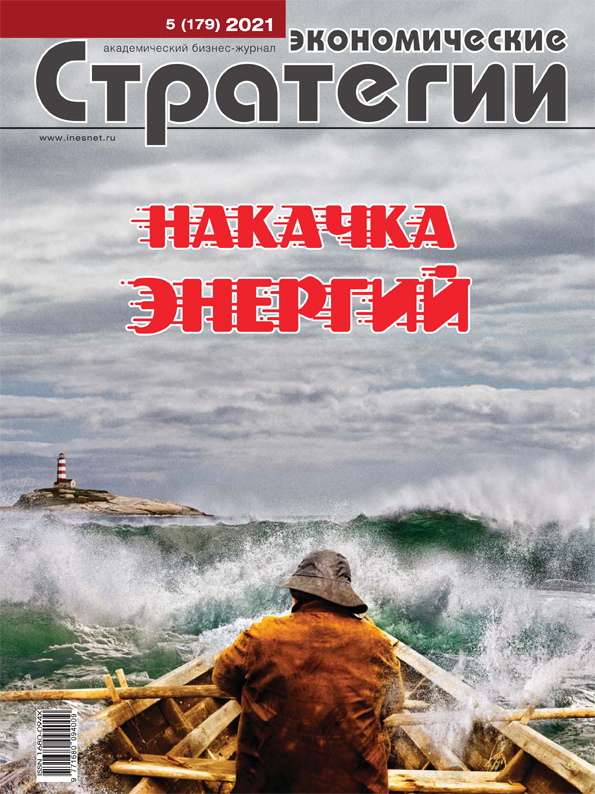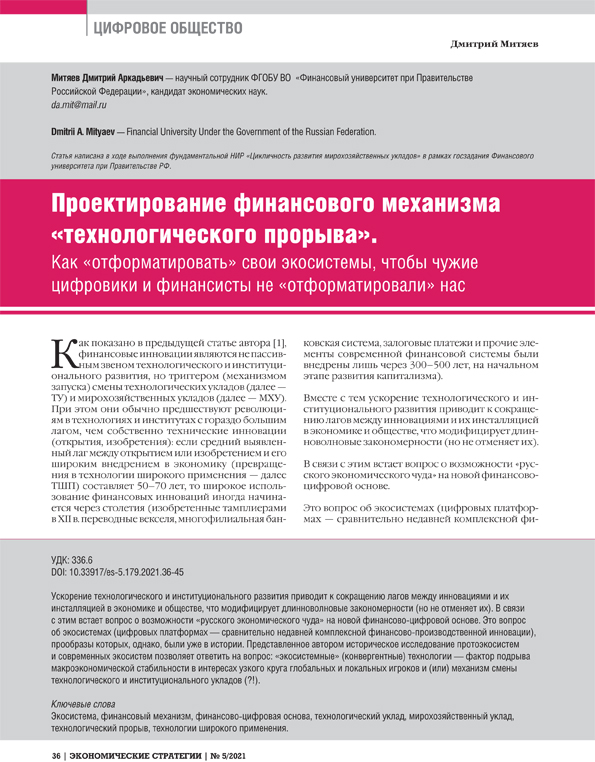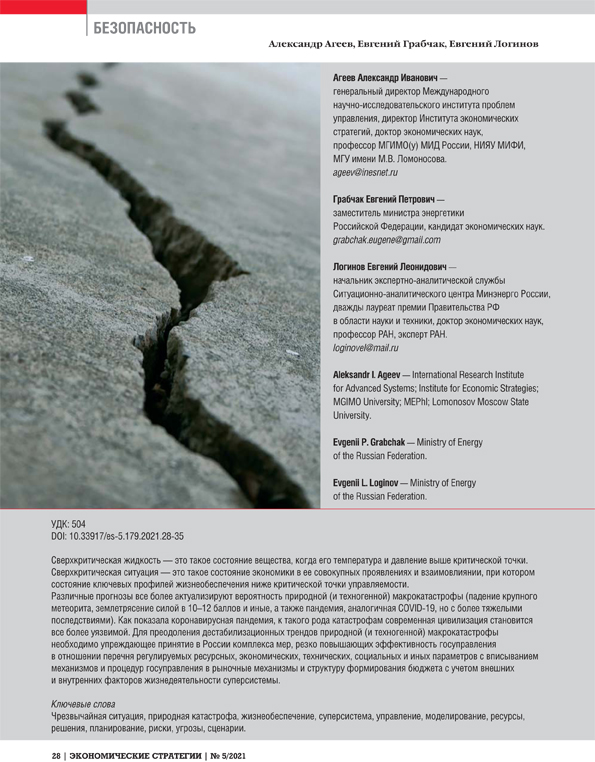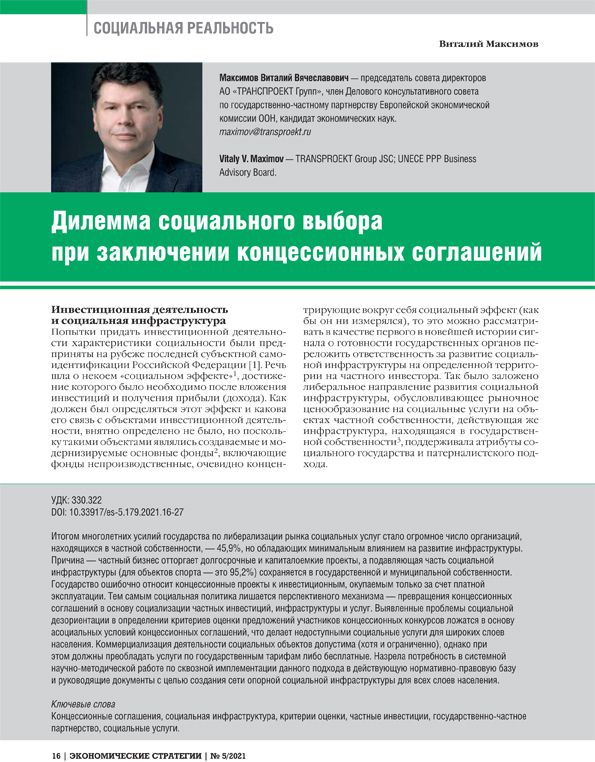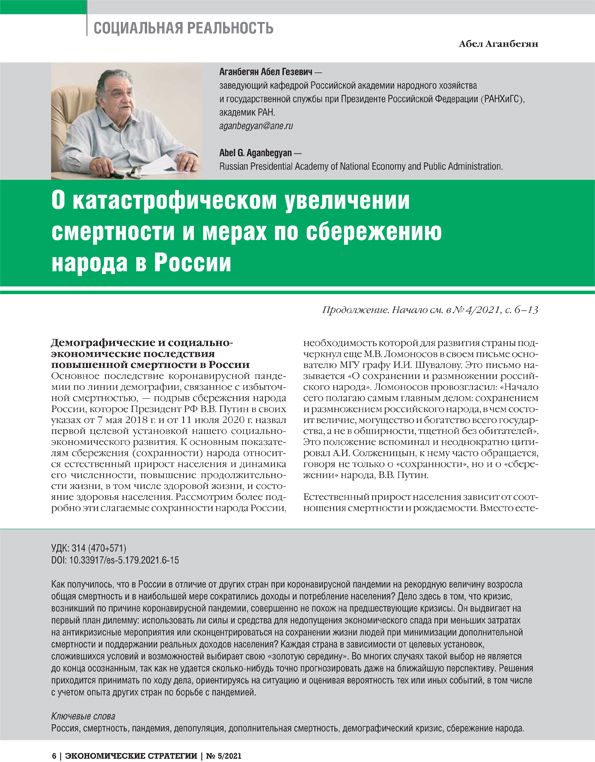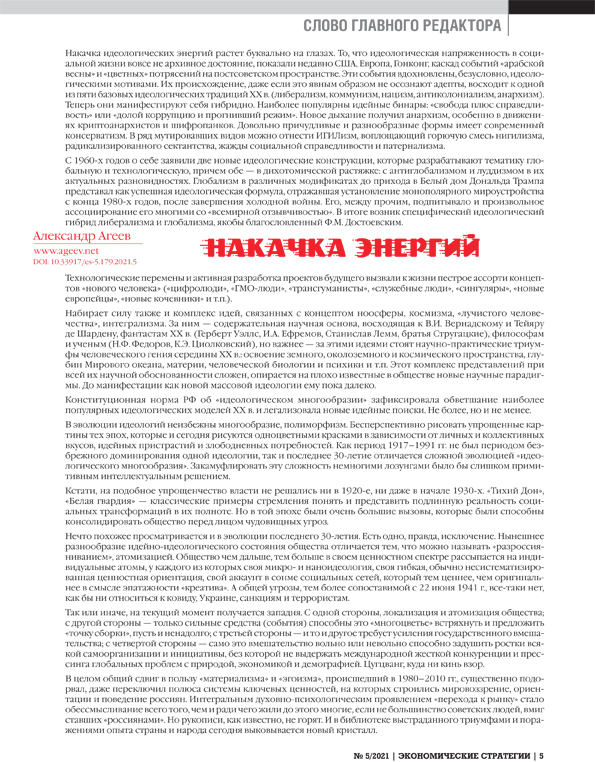Designing a Financial Mechanism for a “Technological Breakthrough”. How to “Format” Own Ecosystems so That Other People’s Digital Devices and Financiers Should Not “Format” Us
DOI: https://doi.org/10.33917/es-5.179.2021.36-45
Acceleration of technological and institutional development results in reduced lags between innovations and their installation in the economy and society, which modifies long-wave patterns (but doesn’t cancel them). In this regard, the question arises on the possibility of a “Russian economic miracle” on a new financial and digital basis. This is a question about ecosystems (digital platforms — a relatively recent complex financial and production innovation), the prototypes of which, however, have already been in history. Historical studies of protoecosystems and modern ecosystems, addressed by the author, allow us to answer the question: “ecosystem” (convergent) technologies are a factor undermining macroeconomic stability in the interests of a narrow circle of global and local players and (or) a mechanism for changing technological and institutional patterns (?!).


